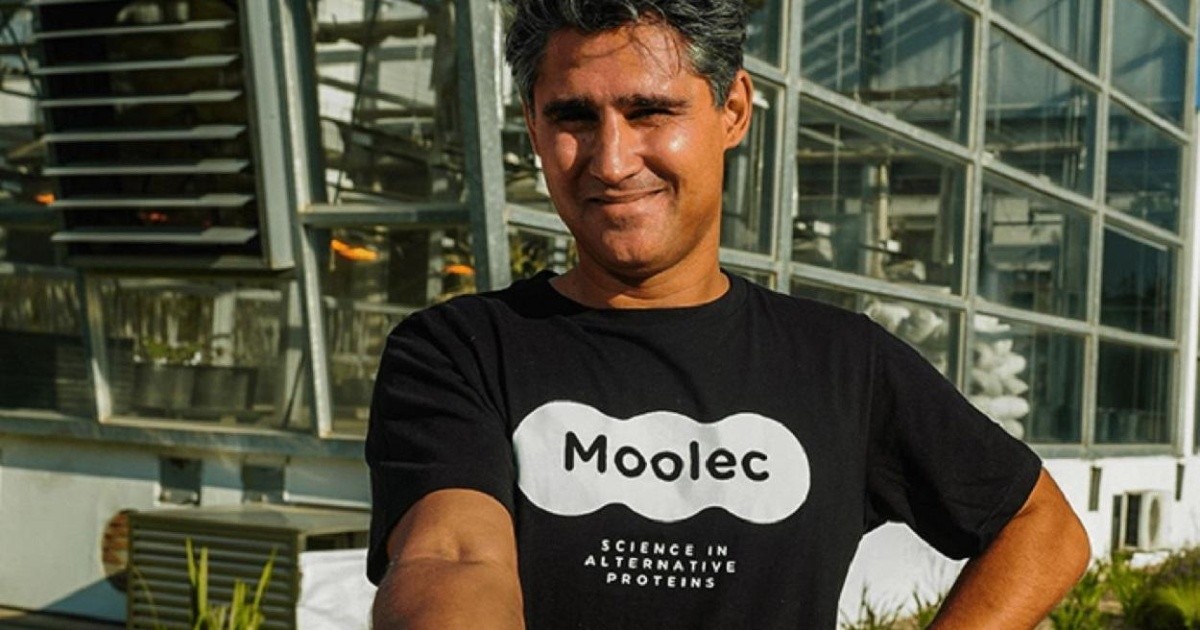President United StateAnd Joe BidenOn Sunday, he authorized the release of Raw materials of its national reserves to meet the potential shortage due to the current crisis in the supply chain.
This was done by Biden in an executive order approving access to “strategic and critical” materials from the National Defense Reserve Center (DNSC) in order to ensure “adequate amounts” of equipment needed for the country’s national security.
The purpose of this reserve, a branch of the US Defense Logistics Agency, is to store, protect and sell raw materials such as aluminum oxide, beryllium, chromium, cobalt, diamond, tin, zinc, among others.
DNSC also contains iron, ferrous manganese, iodine, iridium, mica, niobium, talc, tantalum, thorium, and tungsten, according to its website.
In this sense, Biden explained that one of the most important components of protecting the resilience of the supply chain and the health of the US industrial base “is ensuring that both the federal government and the private sector maintain sufficient quantities of supplies, equipment, or raw materials available to avoid potential shortages and dependence on imports.”
For this reason, Biden agreed that the Department of Homeland Security would bring in equipment from its reserves “for use, sale, or other disposition only when necessary for use, manufacture, or production for the purposes of national defense.”
The executive document states that “there is no authorized release for economic or budgetary purposes.”
This executive order is part of a review Biden launched in February of the national supply strategy in key sectors, such as microchips, so that it is not dependent on the production and imports of “foreign competitors”, in reference to China.
The United States does not want to repeat cases such as the shortage of masks it suffered at the beginning of the epidemic or the subsequent shortage of microchips, which forced production to stop at many Ford and GM car plants.





